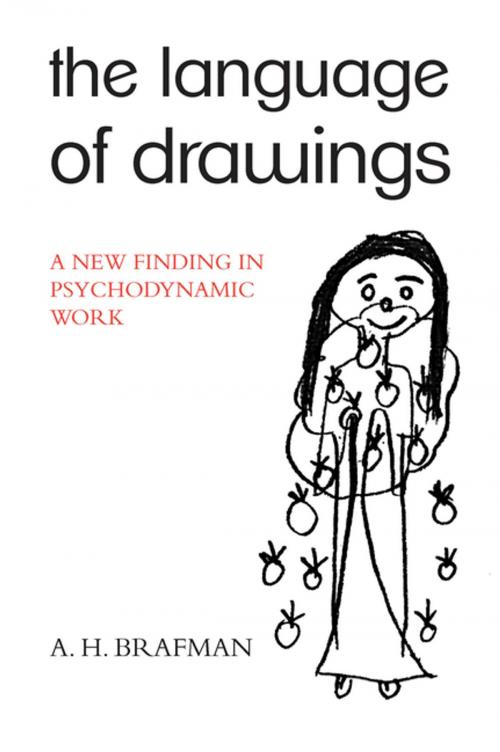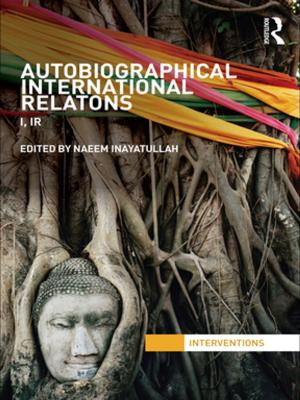The Language of Drawings
A New Finding in Psychodynamic Work
Nonfiction, Health & Well Being, Psychology, Mental Health| Author: | A.H. Brafman | ISBN: | 9780429921230 |
| Publisher: | Taylor and Francis | Publication: | March 22, 2018 |
| Imprint: | Routledge | Language: | English |
| Author: | A.H. Brafman |
| ISBN: | 9780429921230 |
| Publisher: | Taylor and Francis |
| Publication: | March 22, 2018 |
| Imprint: | Routledge |
| Language: | English |
If a person is struggling with feeling that involve pain or anxiety, then we find a complex network of difficulties affecting that person's capacity to express what torments him. Whatever the person's age, they very often have no access to the words that might convey their internal conflicts. People interacting with that person may believe he is deliberately refusing to express what affects him, but it is certainly true that most times this is not the case. When dealing with children, these difficulties are even more acute. However, children often express in their drawings elements of the conflicts they are experiencing in themselves and the world in which they live. The author applied these findings in his work - not only with children and adolescents, but at times also with adults.This fascinating book arose from the discovery that single drawings could at times represent only a part of an underlying emotional experience that "completed" its expression in another picture drawn after that first one.
If a person is struggling with feeling that involve pain or anxiety, then we find a complex network of difficulties affecting that person's capacity to express what torments him. Whatever the person's age, they very often have no access to the words that might convey their internal conflicts. People interacting with that person may believe he is deliberately refusing to express what affects him, but it is certainly true that most times this is not the case. When dealing with children, these difficulties are even more acute. However, children often express in their drawings elements of the conflicts they are experiencing in themselves and the world in which they live. The author applied these findings in his work - not only with children and adolescents, but at times also with adults.This fascinating book arose from the discovery that single drawings could at times represent only a part of an underlying emotional experience that "completed" its expression in another picture drawn after that first one.















